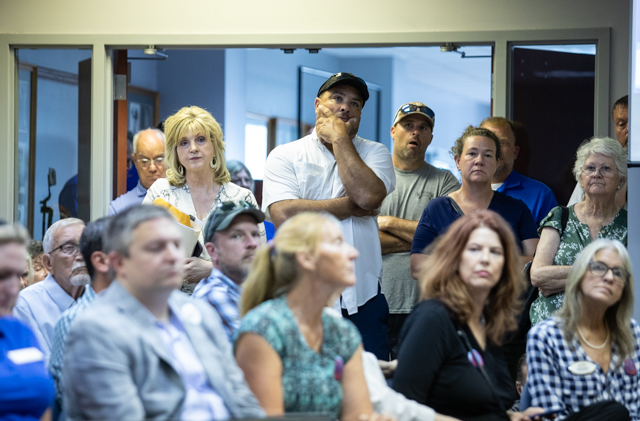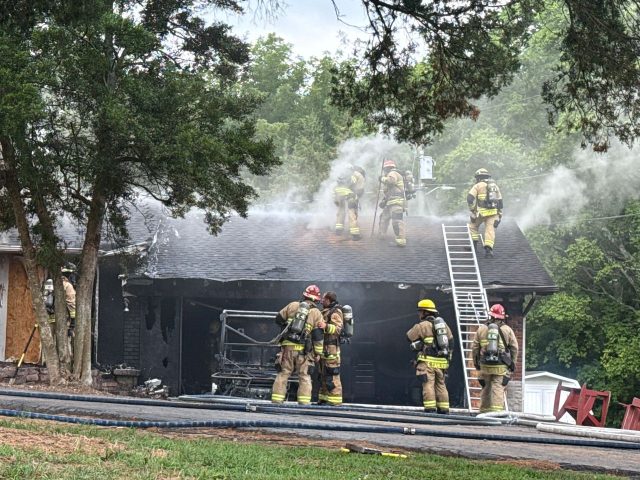NPS needs money, but doubled fees bad idea
Published 9:00 am Tuesday, November 28, 2017
The National Park Service should rethink its proposal to double admission fees at more than a dozen of the nation’s favorite parks.
The reasoning is that by increasing fees during the busiest five months of the year, needed revenue for maintenance and infrastructure work can be raised.
Trending
It’s a good thought but a bad idea.
The park service has estimated the higher fees would generate an additional $70 million a year, which would address much of the parks’ needs over time.
But it would also mean fewer people would get a chance to visit parks. Higher fees would put them out of reach for many lower- and middle-class citizens.
The proposed fee increases come on the heels of admission price hikes in 2015 and 2016.
The new fees would apply at 17 parks such as Glacier, Grand Canyon, Yellowstone and Yosemite, where fees currently range from $25 to $30.
Under the proposal, fees would be nearly three times the current rate. During peak season, which varies but is May 1 to Sept. 30 for most, they would rise to $70 per private commercial vehicle, $50 per motorcycle and $30 per person on bike or foot. Entry and fee adjustments for commercial tour operators have also been proposed.
Trending
No question, extra funds are needed to address an $11 billion backlog of park maintenance, including roads, bridges, campgrounds, waterlines, bathrooms and other visitor services.
The proposal comes at a time when more people than ever are visiting national parks, which only adds to the maintenance needs.
But a better long-term way to address park needs may be through a bill proposed in May, the National Park Service Legacy Act of 2017.
It would establish a fund that would require certain federal mineral revenues to be deposited through 2047. It would generate $50 million to start and rise eventually to $500 million a year.
That would address park needs more quickly than admission increases.
National parks belong to all of us. Park operations are funded by tax dollars and admission fees, but national parks should be destinations within reach of all citizens, not just the wealthy.
It’s not surprising that there has been significant pushback since the fee proposal was announced in October.
Government officials, including attorney generals from numerous states, have been among those offering input. Some have sent letters to the park service protesting the increases and suggesting that some states could take legal action if the new fees are put in place.
Overall, the park service has already gotten 65,000 comments on the proposal, and because of the amount of feedback, has extended the public comment period until Dec. 22.
Anyone who cares about the parks, and who may want to someday visit them, shouldn’t hesitate to weigh in.






